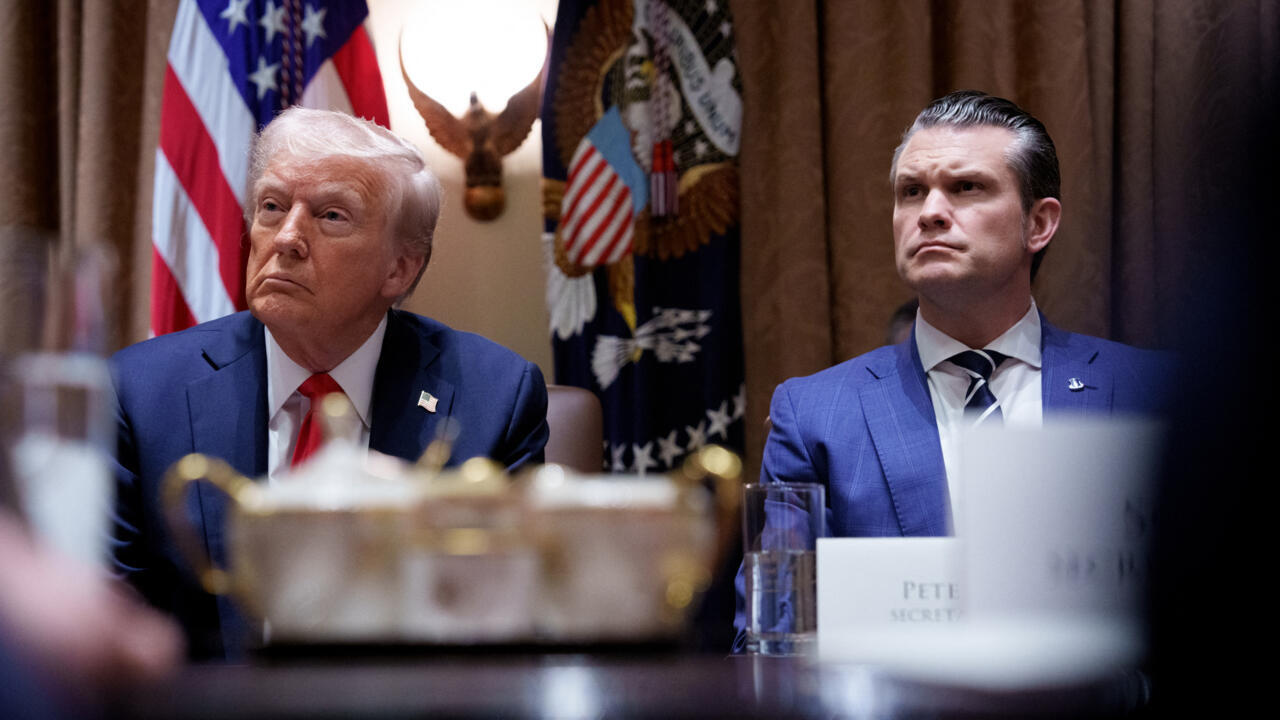Every so often, you meet someone working within or alongside government who leaves you both impressed and frustrated. Impressed by their clarity of thought, deep knowledge, and the vision they hold for the country’s future. Frustrated by the systemic obstacles they face—especially those born from politics.
Recently, I met a remarkable woman who played a significant role in Kenya’s transition from the 8-4-4 education system to the new Competency-Based Curriculum (CBC). Her passion and commitment were unmistakable, and listening to her, it was clear that the underlying design of CBC was inclusive and well-intentioned, aiming to equip children across all social divides with critical life skills. And yet, her efforts—like many others in public service—have had to contend with a political environment that too often operates from a place of ignorance, selfishness, or misplaced priorities.
This is not just a Kenyan phenomenon. Across Africa, brilliant technocrats often craft ambitious and transformative plans—only for them to be shelved, distorted, or sabotaged by political leadership. Take for instance, the story of a major international brand that sought to set up a manufacturing plant in the country. The project promised hundreds of jobs and millions in tax revenue. But because a politically connected leader saw a personal opportunity in parallel imports of similar products, the approvals were stalled, and the project was completely frustrated. Eventually, the company relocated its development plans to a country with a friendlier business climate. A glaring case of short-term personal gain overriding long-term national interest.
Why does this keep happening? Why does politics so often seem to work against development rather than for it? The answer lies in a fundamental misalignment of incentives.
Technocrats think in terms of systems, sustainability, and scalability, while many politicians operate on a different calculus—one driven by immediate electoral wins, personal enrichment, and political survival. This disconnect leads to policy inconsistency, where projects are abandoned with each new administration; corruption, where leaders block progress if it doesn’t benefit them directly; and short-termism, where populist decisions win votes but undermine long-term growth.
Is There Such a Thing as Sustainable Politics?
This begs the question: Is there such a thing as sustainable politics—a form of governance where leadership aligns with long-term national progress rather than fleeting political gains?
The answer is yes, but it requires a fundamental shift in how politics is practiced.
Sustainable politics would mean moving from transactional governance—where decisions are made for temporary advantage—to transformational leadership, where policies are crafted with legacy in mind. It would demand evidence-based decision-making, where data, not political expediency, drives action. It would require accountability mechanisms that empower citizens to demand transparency and punish leaders who sabotage progress.
Sustainable politics is possible, but it demands a reimagining of our civic culture. It would necessitate collaborative governance, where technocrats, the private sector, and civil society are active partners in shaping policy rather than sidelined observers.
Citizens must also understand their role beyond just voting. We must question, engage, and hold leaders accountable. We must champion competence over charisma, substance over soundbites.
As a Marketing Professional, We Can Learn From This
Interestingly, the struggles of political leadership mirror those in the world of marketing. Marketing leaders are tasked with crafting brand stories, anticipating market shifts, and aligning strategy with long-term vision. But how many times have we seen brilliant marketing campaigns derailed by internal politics, short-term thinking, or executive egos?
Like politics, marketing is about influence. But while political theatrics seek to win votes, marketing must win hearts and minds sustainably. It cannot be about trickery—it has to be about authenticity and consistency. Just as voters are growing weary of hollow promises, so too are consumers. Today’s marketing leaders must adopt a governance mindset—where purpose guides profit, and impact measures success.
Secondly, marketing executives must understand that brands thrive on trust and long-term value creation. They know that short-term gimmicks may generate temporary buzz but erode brand equity over time. Many rogue marketers, perhaps in a bid to satisfy short-term business requirements, behave like politicians —prioritizing flashy campaigns over substance, flip-flopping on strategies, and eroding public trust with every broken promise.
Can political leaders learn much from the principles of marketing?
The answer is yes.
Just as marketers focus relentlessly on consumer needs, politicians should serve citizens, not their own interests. Just as brand equity determines a company’s reputation, a nation’s governance shapes its attractiveness to investors. Data-driven decision-making, a cornerstone of modern marketing, should be equally central to policymaking. And just as no great brand was built overnight, nations require patience, consistency, and strategic vision to thrive.
A Shared Responsibility
As marketing professionals, we are not just shaping narratives for brands—we are influencing public discourse, molding perceptions, and shaping culture. That’s a power that must be wielded responsibly.
In the same way marketing has evolved from mere advertising to strategic brand stewardship, politics must evolve from power games to nation-building. Sustainable development requires sustainable politics—leadership that thinks beyond the next election, values expertise, and places national interest above personal gain.
As leaders in marketing and business, we understand the power of vision, strategy, and disciplined execution. These are the same principles that should define governance. The challenge now is to demand them from those in power—because when politics finally aligns with development, Africa’s potential will be unstoppable.
So next time we reflect on national progress or the lack of it, let’s not just look at politicians. Let’s look inward, at the roles we play, the conversations we avoid, and the standards we accept. Because politics doesn’t have to be foolish, it just has to be accountable.
How can we, as marketing leaders, help shape a future where leadership—political or otherwise—is both effective and sustainable?
Written by Alice Ngatia
Alice is a Senior Marketing Executive & Sustainability Specialist with 18+ years of experience in helping brands win in the hearts & minds of customers. Alice is also a Personal Branding Trainer and Consultant.












